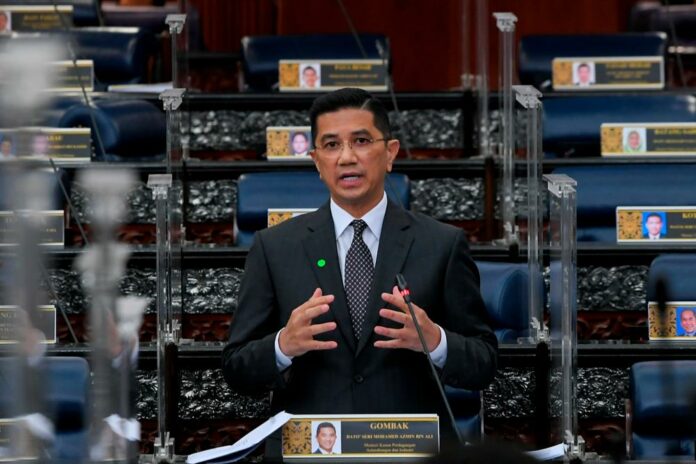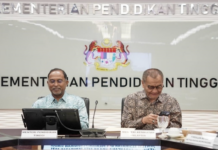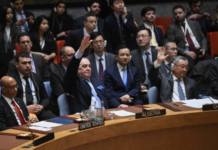KUALA LUMPUR, July 27 — Malaysia will continue to have collaborative diplomatic, trade and investment relations with Regional Comprehensive Economic Partnership (RCEP) members despite the major global constraints and challenges following China’s implementation of its Zero-COVID Policy.
Senior Minister and International Trade and Industry Minister Datuk Seri Mohamed Azmin Ali said the ministry took note of the many reports and studies published on the trade moderation or dampening resulting from the policy.
However, he said, the country had continued to record an encouraging trade performance up to the middle of this year following the signing of the RCEP.
“The closure of borders undoubtedly has an impact on the facilitation of trade and investment between China and other RCEP member nations.
“However, (there’s little impact) if we look at Malaysia’s trade performance for June which increased by 43.4 per cent year-on-year (y-o-y) to RM270.39 billion, as well as our trade with RCEP member China, which saw a double-digit growth for the 19th successive month,” he said in reply to a supplementary question from Datuk Darell Leiking (Warisan-Penampang) in the Dewan Rakyat today.
Darell wanted to know the extent to which China’s Zero-COVID Policy had affected Malaysia’s trade with its RCEP partners. He originally asked on the impact on the nation’s trade since the RCEP agreement came into force in Malaysia in March and the industries currently being prioritised by the government.
Mohamed Azmin said Malaysia continued to post encouraging growth in the April-June period following the signing of the regional trade pact on March 18 this year.
In April, Malaysia’s total trade surged 21.3 per cent y-o-y to RM231.44 billion, with exports increasing 20.7 per cent to RM127.49 billion. The trade and export figures continued to rise in May to RM228.37 billion and RM120.49 billion, respectively.
“In June, the country recorded the highest value for trade, exports and imports for the year whereby trade increased 43.4 per cent y-o-y to RM270.39 billion,” he said.



















